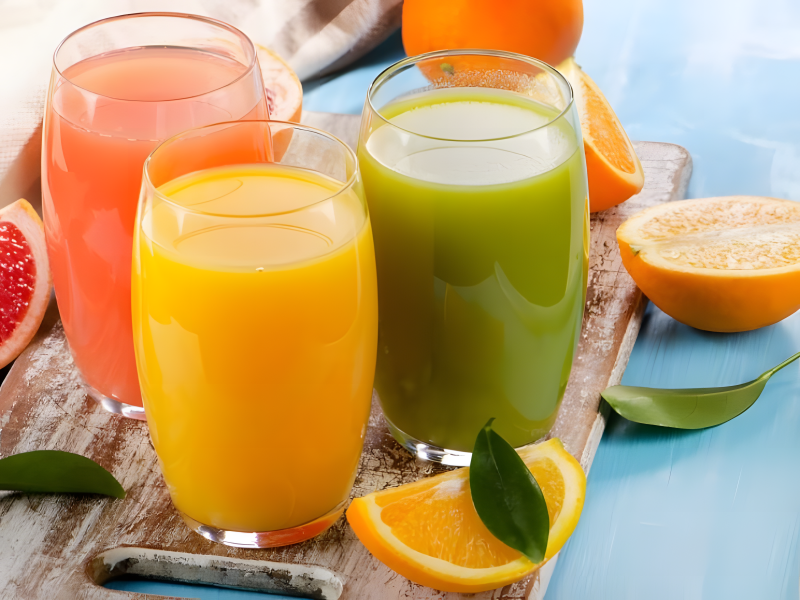30 Unhealthy Foods From Our Regular Diet
Hidden Dangers: Foods That Seem Innocent but Are Actually Harmful In today's market, it can be challenging to find truly clean and natural products. Many items that appear healthy can actually harm our health and well-being. Here’s a list of foods that may seem innocent but carry hidden dangers:
Low-Fat or Fat-Free Products
Often, these products replace fat with sugar or artificial additives to enhance flavor, leading to increased calorie intake and potential weight gain.
Gluten-Free Processed Foods
While gluten-free options are necessary for some, many processed gluten-free products are high in refined carbs and sugars, which can negatively impact health.
Sugar-Free Snacks
Sugar substitutes like aspartame or sucralose may lead to cravings for sweet foods and have been linked to various health issues.
Fruit Juices
Even 100% fruit juice can be high in sugar and lacks the fiber found in whole fruits, making it less healthy than it appears.
Granola Bars
Marketed as healthy, many granola bars contain high amounts of sugar and unhealthy fats, negating their perceived benefits.
Pre-Packaged Salads
While salads seem healthy, the dressings and toppings can add excessive calories, sugars, and preservatives.
Vegetable Oils
Commonly used for cooking, many vegetable oils are highly processed and can contain unhealthy trans fats, contributing to inflammation.
Dried Fruits
Often packed with added sugars and preservatives, dried fruits can be calorie-dense and unhealthy compared to fresh fruits.
Canned Soups
Many canned soups are high in sodium and preservatives, which can be detrimental to heart health and overall well-being.
Energy Drinks
Marketed for boosting energy, these drinks often contain high levels of sugar and caffeine, which can lead to crashes and health issues.
Conclusion When shopping, it’s essential to read labels carefully and be aware of these hidden dangers. Opting for whole, unprocessed foods is often the best way to ensure a healthy diet. By being informed, you can make better choices for your health and well-being.
Fruit-based drinks

The Truth About Store-Bought Fruit Juice Store-bought fruit juice often contains the same amount of sugar as sugary beverages, leading to the conclusion that purchasing juice is akin to consuming sweetened water flavored with fruit.
Key Points: High Sugar Content
Many commercial fruit juices have high sugar levels, comparable to sodas. This can contribute to excessive calorie intake and potential weight gain.
Lack of Dietary Fiber
The juice extraction process removes most of the dietary fiber found in whole fruits. Fiber is essential for digestive health and helps regulate blood sugar levels.
Nutrient Loss
Industrial processing can strip away many beneficial nutrients, leaving behind a product that is primarily sugar with little nutritional value.
False Health Perception
Many consumers perceive fruit juice as a healthy alternative, but its high sugar content and lack of fiber can negate these benefits.
Conclusion While fruit juice may seem like a healthy choice, it often behaves more like a sugary drink than a wholesome option. For better health, consider consuming whole fruits instead, which provide essential nutrients and fiber that juices lack.








